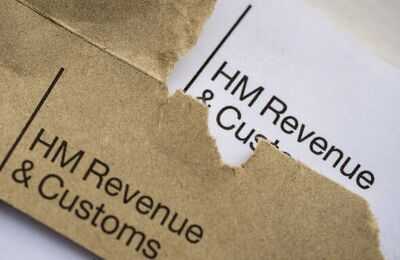
The new tax year may be halfway through by now but HMRC is still sending out new tax codes to people as it catches up with changing personal circumstances on your National Insurance number or interest earned from your non-ISA savings accountS.
The new tax year kicked off on April 6, and each year, when the fiscal year resets, the tax office HMRC sends new tax codes out to people who have exceeded certain thresholds, such as the Personal Allowance for savings interest or one of the income tax brackets, such as the £50,270 band. One person who had been caught up by HMRC tax code changes posted in the UK Personal Finance sub-Reddit to ask about the issue.
They said: "Why has my tax code changed from 1250L to 115L? My tax code is currently 1250L however in the new tax year it's going to be 1151L - the HMRC app says I have a deduction of £1,060 on my tax-free allowance, but I don't understand why as I've been in the same job for years and my pay hasn't changed since April."
One user u/bluebells7788 solved the mystery as they said: "They're doing this to everyone who has savings. Your bank has reported that you have savings and they have calculated based on the interest reported a deduction in your personal allowance."
Indeed, HMRC does adjust tax codes for savings interest as well as other reasons at this time of year and your bank automatically reports your savings interest to HMRC if it's not inside an ISA.
The amount you can earn in savings interest depends on your income. For someone earning between £17,570 and £50,270, you can earn £1,000 of savings interest in a single tax year without owing tax.
Those earning £50,270 or more can only earn £500 of savings interest, owing tax on anything above that amount, while those earning £125,000 or more cannot earn any savings interest without tax on it.
According to charity Tax Aid, HMRC can also update your tax code later on in the year, as well as at the start of a new tax year. They said: "Please also note that in addition to sending a tax code for the beginning of the tax year, HMRC may update your tax code part way through the year if they are informed of a change in your circumstances."
HMRC says: "If you go over your allowance, you pay tax on any interest over your allowance at your usual rate of Income Tax.
"If you're employed or get a pension, HMRC will change your tax code so you pay the tax automatically. To decide your tax code, HMRC will estimate how much interest you'll get in the current year by looking at how much you got the previous year.
"HMRC will send a tax calculation letter and tell you if you have a tax overpayment or underpayment.
"Your bank or building society will tell HMRC how much interest you received at the end of the year. HMRC will tell you if you need to pay tax and how to pay it."
You may also like

Styling Tips for Curvy Women in 2025

Michael Willis Heard net worth in 2025: Yes King TikTok star's earnings, career and sudden death

Bigg Boss 19: Contestants and Their Professions

Indian home is becoming a new battleground

"Who killed Gandhi ji, who killed Indira?": PDP chief Mehbooba Mufti hits back at Giriraj Singh's controversial remarks







